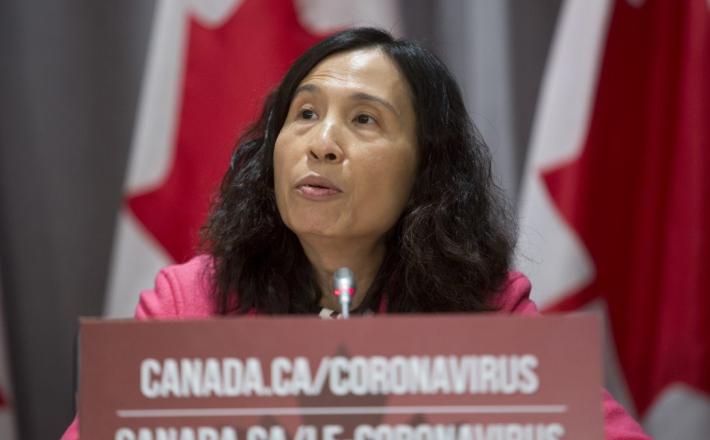Leading with a quiet voice — the irony of women’s influence during COVID-19
Source: Ipolitics
By Heather McIntosh and Maria Giammarco,
In an age of obsessive media consumption, social media “influencers” shape our interactions and collective understanding. These influencers build platforms to sell products, but also to advocate for women’s rights, fight misinformation, and support evidence-based decision-making.
During crises and high-stress situations, consumers tend to be more susceptible to engagement with and influence from the traditional media. The volume of unknowns often heightens this influence, given the public’s desire for information about their new and emerging reality.
And the influence of women across media platforms shouldn’t be underestimated — especially during the COVID-19 pandemic. Canadians of all generations are turning to all forms of media for updates from politicians, thought leaders, and trusted medical professionals. These updates have become the lifeblood of our news cycle.
The voices and faces of women in the fight against COVID-19 have been paramount in the Canadian media. For instance, Dr. Theresa Tam, Canada’s chief public health officer, is a news media staple for her updates, expertise, and advice on Canada’s battle against the disease. Canadian political leaders such as Deputy Prime Minister Chrystia Freeland and Health Minister Patty Hadju have also become essential voices in political messaging about how our country navigates this crisis. These women have become key influencers in this crisis, and their influencer status spans mediums and generations.
Click here to read the full article published by Ipolitics on 23 April 2020.

By Heather McIntosh and Maria Giammarco,
In an age of obsessive media consumption, social media “influencers” shape our interactions and collective understanding. These influencers build platforms to sell products, but also to advocate for women’s rights, fight misinformation, and support evidence-based decision-making.
During crises and high-stress situations, consumers tend to be more susceptible to engagement with and influence from the traditional media. The volume of unknowns often heightens this influence, given the public’s desire for information about their new and emerging reality.
And the influence of women across media platforms shouldn’t be underestimated — especially during the COVID-19 pandemic. Canadians of all generations are turning to all forms of media for updates from politicians, thought leaders, and trusted medical professionals. These updates have become the lifeblood of our news cycle.
The voices and faces of women in the fight against COVID-19 have been paramount in the Canadian media. For instance, Dr. Theresa Tam, Canada’s chief public health officer, is a news media staple for her updates, expertise, and advice on Canada’s battle against the disease. Canadian political leaders such as Deputy Prime Minister Chrystia Freeland and Health Minister Patty Hadju have also become essential voices in political messaging about how our country navigates this crisis. These women have become key influencers in this crisis, and their influencer status spans mediums and generations.
Click here to read the full article published by Ipolitics on 23 April 2020.